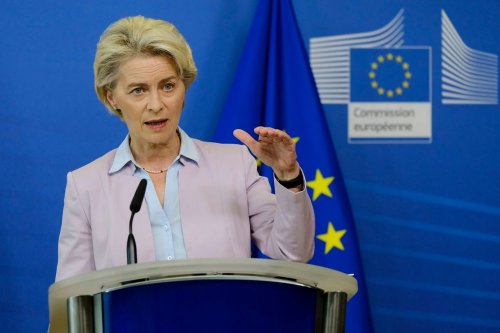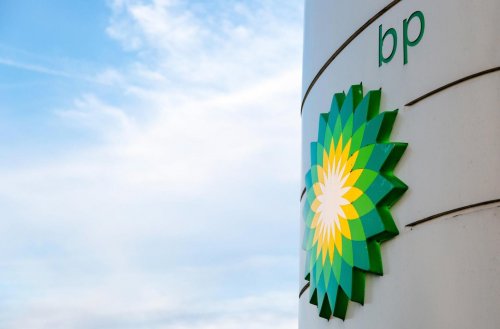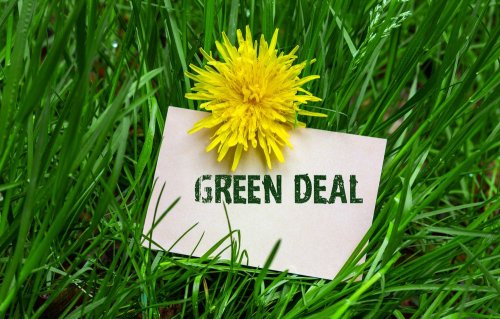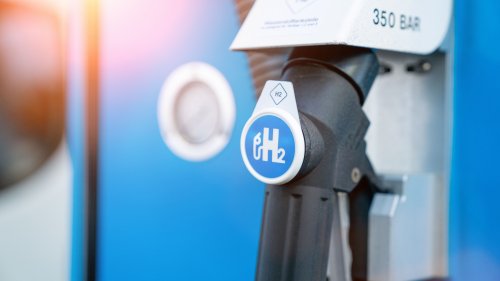EU ambassadors have struck a deal on a landmark renewable energy law after the European Commission agreed to exempt certain ammonia plants from renewable fuel targets.
The law increases the EU's target to increase renewable generation to 42.5% by 2030 (the previous target was 32%), according to ZAWYA.
It is noted that the declaration of the European Commission resolved the impasse with the adoption of the law. After all, France and other countries delayed its approval for weeks in order to achieve the withdrawal of non-renewable sources of fuel, such as nuclear.
The statement emphasized that the achievement of the bloc's climate ambitions will in some cases lead to high costs for the adaptation of factories, in particular for the production of ammonia.
"The Commission will, on a case-by-case basis... not take these existing plants into account when considering whether they have been completely worn out and when making a final investment decision on modernization," the statement said.
The article emphasized that EU countries also agreed to add a short description to the text, which recognizes the potential problems of conversion of ammonia production facilities. However, it is unclear whether the European Parliament will approve such changes to the agreement.
It is noted that nuclear energy is low-carbon, but not renewable. France says Europe's transition to green energy will require hydrogen produced from both renewable and nuclear sources, and EU laws must support both. France and some Eastern European countries have interests in nuclear energy.
The material said that other countries, in particular Denmark and Germany, opposed it. After all, in their opinion, mixing nuclear energy with the renewable energy law could divert attention from the significant scaling of wind and solar capacity, which is necessary to achieve climate goals.
"After months of deadlock, the Council decided to strengthen the EU Directive on renewable energy sources. The result will be an investment boom throughout the EU," said the German State Secretary for Energy and Climate.
Earlier, EcoPolitic wrote, that in the European Union, carbon emissions from energy production in 2022 decreased by 2.8% and reached 2.4 billion tons.
As EcoPolitic previously reported, the European Commission was sued by the EU Court, which is also called the Court of Justice, due to the inclusion of natural gas and nuclear energy in the classification of environmentally sustainable activities for investors – the "green" taxonomy.





